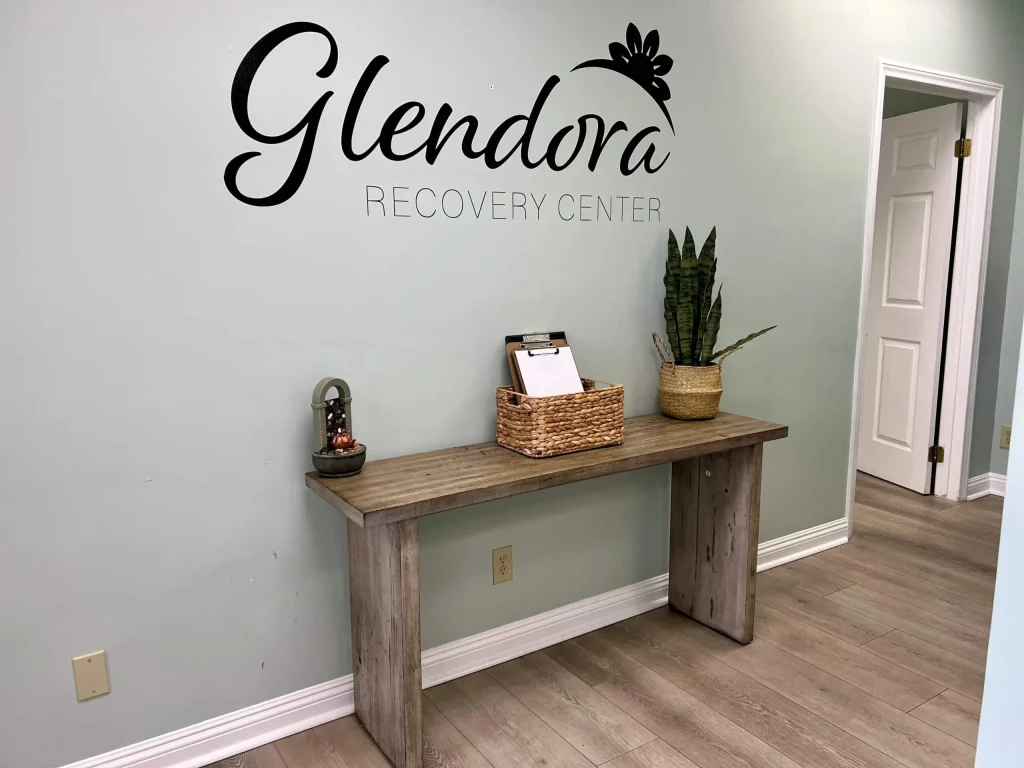Our Locations
1340 E. Route 66 Street Suite 103 & 106, Glendora CA 91740
(626) 594-0881
Menu
1340 E. Route 66 Street Suite 103 & 106, Glendora CA 91740
(626) 594-0881

When you’re struggling with depression, it can feel like you’re trapped in a fog that never lifts—every day feels heavy, motivation is hard to find, and even the most minor tasks seem overwhelming. You’ve come to the right place if you’re located in or around Los Angeles and searching for a path out of this darkness. Glendora Recovery Center specializes in depression treatment in Los Angeles, providing personalized, evidence-based care that can help you restore hope, reclaim your life, and rediscover the joy and fulfillment you deserve.
Depression is one of the most common mental health conditions in the United States, affecting millions of individuals each year. It’s a persistent, pervasive mood disorder that extends beyond momentary sadness. People struggling with depression may experience prolonged feelings of emptiness, hopelessness, irritability, and despair. They may lose interest in activities they once loved, find it difficult to concentrate, suffer changes in appetite and sleep patterns, and sometimes experience physical symptoms like fatigue, headaches, or body aches.
It’s important to understand that depression is not a sign of weakness or a character flaw. Instead, it’s a treatable medical condition that can arise from a complex combination of genetic, biological, environmental, and psychological factors. Glendora Recovery Center believes in approaching depression treatment in Los Angeles with compassion, respect, and a deep understanding of each individual’s unique story.

Los Angeles is a dynamic city offering many resources for mental health support. From renowned clinicians and evidence-based therapies to cutting-edge treatment modalities and supportive communities, the area is rich in opportunities for growth and healing from depression.
Choosing depression treatment in Los Angeles at Glendora Recovery Center means gaining access to:

If you’ve been feeling consistently sad, empty, or anxious for weeks or months on end, you may be facing depression. Other common signs can include:
Recognizing these symptoms is the first step toward understanding what you’re experiencing. If any of the above symptoms resonate with you, consider seeking professional depression treatment in Los Angeles to find relief and begin the healing process.
At Glendora Recovery Center, we believe that a comprehensive approach is key to effective depression treatment. We understand that simply addressing the surface-level symptoms of depression is often not enough. Instead, we aim to delve deeper, working to uncover and address underlying issues that may contribute to your depressive symptoms.
Our comprehensive approach includes:
Many individuals delay seeking help for depression due to stigma, misinformation, or uncertainty. Recognizing and overcoming these barriers is essential to receive the treatment you deserve.

With so many options for depression treatment in Los Angeles, how do you choose the right center for you or a loved one? Consider the following factors:
Depression doesn’t just affect the individual—it also impacts families, friends, and loved ones. At Glendora Recovery Center, we believe involving family members and close friends in the treatment process can create a strong support system fostering long-term recovery.
It’s not uncommon for individuals with depression to also experience other mental health challenges such as anxiety, substance use disorders, or trauma-related disorders. At Glendora Recovery Center, we offer integrated care that addresses co-occurring conditions alongside depression. Treating these issues simultaneously reduces the risk of relapse and improves overall treatment outcomes.
Recovering from depression is not simply about symptom reduction—it’s about building a life that supports sustained well-being. Making healthy lifestyle changes can bolster the work you do in therapy and prevent future depressive episodes.
Early intervention in depression treatment can lead to better outcomes and shorten the duration of suffering. The sooner you address the issue, the sooner you can begin to rebuild your life on a foundation of emotional stability and resilience.

Confronting depression is challenging, but you don’t have to face it alone. By choosing to seek depression treatment in Los Angeles at Glendora Recovery Center, you’re making a powerful statement about your self-worth and your commitment to a healthier, happier life.
Your mental health matters, and you deserve professional, compassionate care that helps you overcome the challenges of depression. At Glendora Recovery Center, we’re committed to assisting clients in the Los Angeles area to find renewed hope and meaning in their lives.
If you’re ready to take the first step toward recovery, or if you’d like more information about our depression treatment programs, contact us today. We’re here to answer your questions, help you understand your treatment options, and support you as you progress toward lasting wellness and happiness.
Glendora Recovery Center | © Copyright 2024 | Privacy Policy | Sitemap